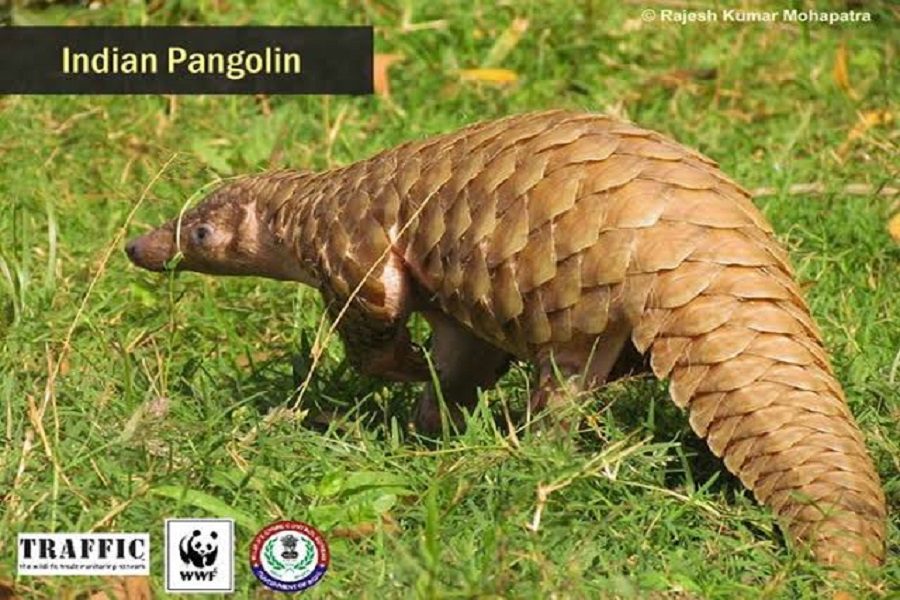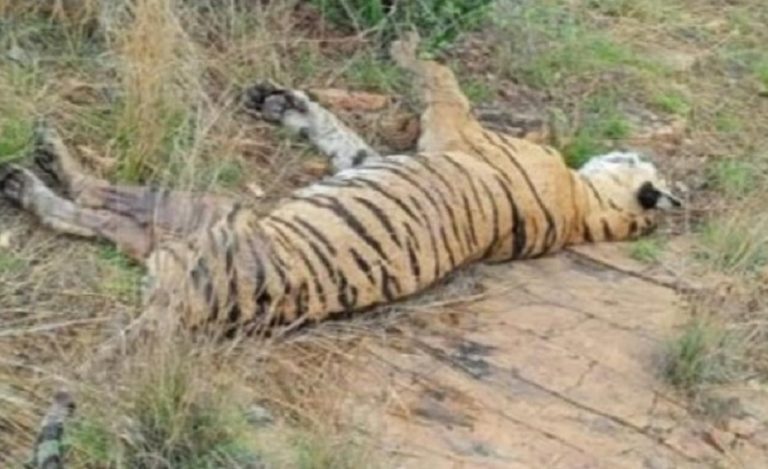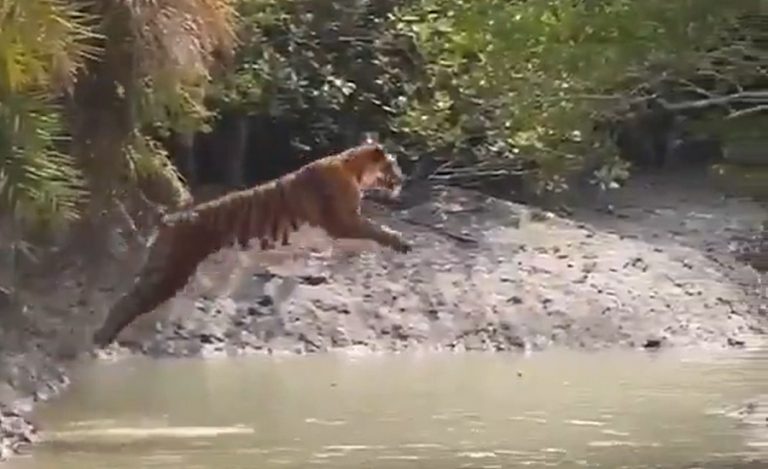There are a number of myths surrounding wildlife in South Asian countries. But what is alarming is that such myths are dangerous for some animals and are leading to their extinction. One such myth involves the pangolin, a scaly-skinned mammal, and it is leading to their illegal trafficking and jeopardizing their very existence.
Pangolins are in high demand in countries like China and Vietnam as their meat is considered a delicacy and their scales are used in traditional medicines and folk remedies. Even in India, it is trafficked because of the myth that having a pangolin’s skeleton can make you rich, and the fact is, since it is sold at such unimaginably high prices, it can indeed make the black marketeer rich overnight. The myth and the lust for money is sending the shy nocturnal animal to the verge of extinction.
Recently, forest department in Uttarakhand busted a gang of poachers and recovered more than 13 kg pangolin scales. 2015-batch IFS officer and DFO Tarai Central Division, Vaibhav Singh, and his team carried out the intense operation. Indian Masterminds interacted with Mr. Singh to get details about it.
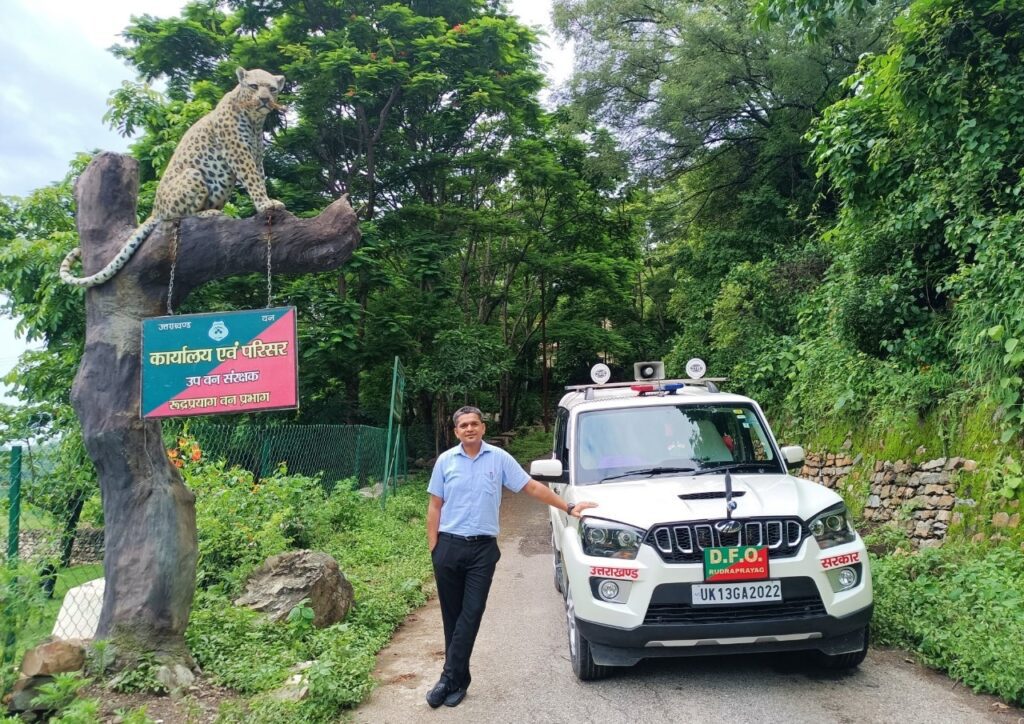
ANTI POACHING OPERATION
After 48 hours of intense action spanning across different places in Uttarakhand, a network of pangolin poaching was busted by the forest team of Tarai Central Division. A total of 13.17 kgs of pangolin scales were recovered 5 arrested.
Pangolin is Schedule 1 protected animal under Wildlife (Protection) Act, 1972. It is a rare and quite shy animal. It is not easily spotted even in the forests. Speaking to Indian Masterminds, Mr. Vaibhav Singh said, “We got information from our informers that some people are in possession of pangolin scales. On the basis of that information, we arrested 2 people and recovered 2.5 kg pangolin scales from them. On further interrogation of the people caught, we got more leads recovered more than 10 kg pangolin scales from Haridwar division.”
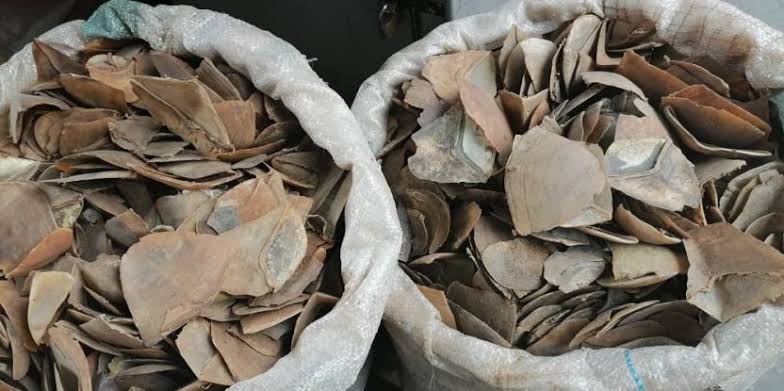
It turned out that these people are part of a big nexus. Someone brings pangolin from the forest, someone else collects it, and someone else travels with it to deliver it elsewhere. This is how the nexus runs. One nexus is now broken and 5 people arrested so far. “More people are on our radar right now. Hopefully we will crack the entire nexus. In the last few days, many anti-poaching operations have been carried out in this belt and 4 to 5 such cases have been found,” Mr. Singh said.
HOW THE GANG OPERATES
In the investigations so far, it has been found that these people catch pangolin from two areas. One is the forests of the Terai region of Kashipur-Jashpur and the other is the forests of Haridwar division and its adjoining areas. “We have alerted our staffs. We are identifying the areas now where the poachers are targeting pangolin. Investigation is going on and we are screening call details and social media profiles, too. Some of the people involved are wanted in earlier poaching cases. Hope that we will get a big breakthrough soon,” Mr. Singh said.

MYTHS
Speaking about the myths around pangolin, he said, “Nowadays, many types of myths are being spread among the people through social media and many other mediums. One of these is that wildlife articles are very valuable and a lot of money can be earned from them. That is why wild animals have become more threatened. Pangolin is one of the world’s most trafficked animals. It is illegally exported to Tibet, Myanmar and China from India. These people think that a pangolin’s skeleton can make them rich overnight.”
A myth which he dismisses as baseless. There are also reports that in some parts of China, people believe that pangolin meat and organs (especially the scales) have medical benefits to cure various skin diseases and alter blood circulation, boost vitality, improve breast milk, and even cure cancer, claims that are dismissed by medical science.
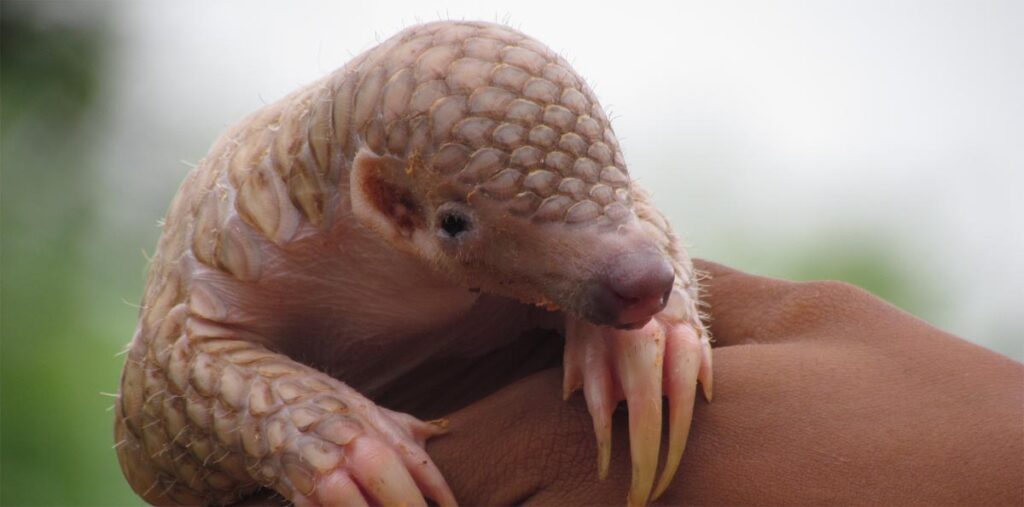
MORE ABOUT PANGOLIN
Pangolin is an ant eater and is very important for ecology and forest. It eats ant and termites, and lives in underground holes as it is one of the shyest animals in the forest. It is a harmless animal. Although many think of pangolin as reptiles, they are actually mammals. They are the only mammals wholly-covered in scales and they use those scales to protect themselves from predators in the wild. If under threat, a pangolin will immediately curl into a tight ball and will use their sharp-scaled tails to defend themselves. Because they have no teeth, pangolins pick up food with their sticky tongues, which can sometimes reach lengths greater than the animal’s body.
In 2016, a treaty of over 180 governments across the world announced an agreement that would end all legal trade of pangolins and further protect the species from extinction. In India, the animal comes in Schedule 1 in India’s Wildlife (Protection) Act, 1972. Schedule 1 covers endangered species that need rigorous protection. These species are granted protection from poaching, killing, trading, etc. A person is liable to the harshest penalties for violation of the laws under this Schedule.
After 48 hrs of intense action spanning across different places in #Uttarakhand,a network of #Pangolin poaching was busted by the team of Tarai Central Division. A total of 13.17 kgs of Pangolin Scales were recovered along with the arrest of 5 accused. pic.twitter.com/W1qVYRJx8D
— Vaibhav Singh,IFS (@VaibhavSinghIFS) August 20, 2022

